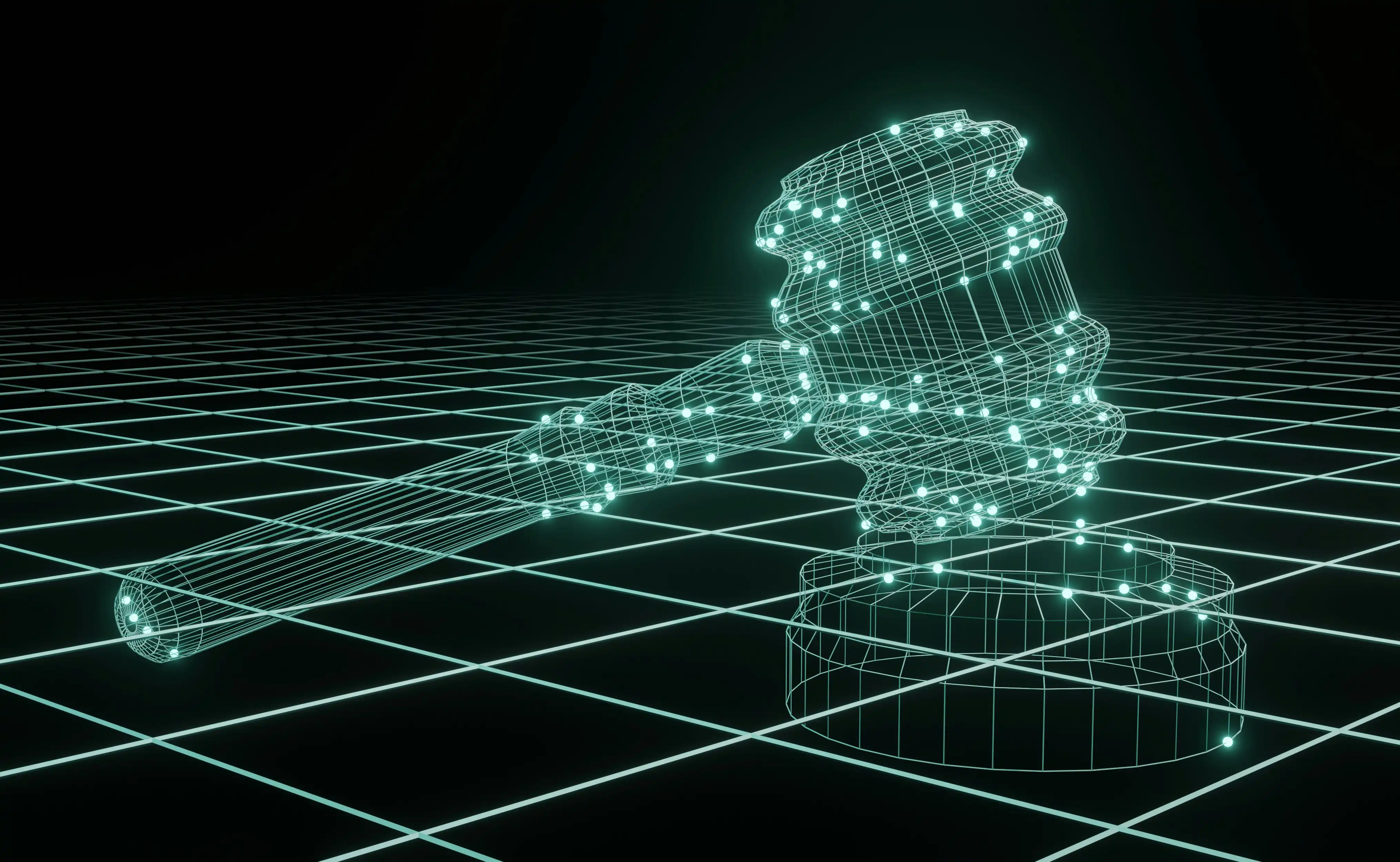
Legal Focus Groups: The Ultimate Guide for Trial Lawyers
Introduction: Why Legal Focus Groups Matter
In litigation, preparation is everything. Trial lawyers spend countless hours refining arguments, reviewing evidence, and anticipating opposing counsel’s moves. But no matter how strong a case seems on paper, its fate ultimately rests in the hands of everyday people, jurors.
That’s where legal focus groups come in. By testing your case in front of carefully selected participants who resemble real jurors, you gain insights that traditional case prep simply can’t provide. From uncovering hidden biases to identifying the most persuasive themes, legal focus groups can transform trial strategy and strengthen settlement negotiations.
This comprehensive guide explains everything lawyers need to know about legal focus groups; What they are, why they’re essential, how they work, and the benefits they bring to your clients and practice.
What Is a Legal Focus Group?
A legal focus group is a structured research session where attorneys present aspects of their case to a panel of participants who act as mock jurors. These participants are not legal professionals; they’re ordinary people chosen to reflect the demographics and perspectives of an actual jury pool.
Unlike a mock trial, which simulates the courtroom process in full, focus groups are more flexible. They can:
- Test case themes
- Evaluate opening and closing arguments
- Probe juror attitudes toward evidence
- Identify credibility issues with witnesses
- Expose juror biases or misconceptions
By observing and analyzing feedback from participants, attorneys can refine their strategy with data driven confidence.
Why Trial Lawyers Use Focus Groups
Attorneys who invest in focus groups aren’t second guessing themselves, they’re sharpening their edge. Here are the core reasons trial lawyers rely on them:
1. Voir Dire Practice
Voir dire is one of the most crucial and most unpredictable parts of trial. Focus groups allow lawyers to rehearse questions, identify red flags, and fine tune their approach to uncover juror bias before stepping into court.
2. Reveal Hidden Biases
Jurors bring their life experiences, values, and assumptions into the courtroom. A focus group exposes these biases early, allowing attorneys to address them head on or adapt their strategy accordingly.
3. Test Case Themes and Evidence
Not every argument lands with jurors. Legal focus groups highlight which narratives resonate and which fall flat. Attorneys can also test demonstratives, graphics, or expert testimony to ensure clarity and impact.
4. Value Assessment
Cases often stall in mediation because each side disagrees on value. A focus group delivers a collective, data backed perspective from people who resemble real jurors. This empirical insight adds credibility to settlement negotiations.
5. Client Education
Sometimes the hardest person to convince isn’t the jury, it’s your own client. A focus group can temper unreasonable expectations by showing clients how others perceive their case, making them more open to realistic settlements.
Benefits of Running Focus Groups
When done correctly, legal focus groups provide attorneys with tangible advantages that can mean the difference between winning and losing:
- Stronger trial strategy: Identify persuasive arguments and discard weak ones.
- Smarter settlements: Use juror feedback to influence mediation and opposing counsel.
- Enhanced credibility: Data from a group carries more weight than one attorney’s opinion.
- Time and cost savings: Avoid pursuing losing strategies that waste resources.
- Peace of mind: Walk into trial knowing your approach has been vetted by real people.
Focus Groups vs. Mock Trials
Although often confused, focus groups and mock trials serve different purposes. Both can be valuable, but focus groups are often more cost effective and provide actionable insights earlier in case development.

How Focus Groups Work
A typical focus group process includes:
- Recruitment of Participants: High quality participants are carefully vetted to reflect jury demographics college educated, employed, and engaged.
- Presentation of Case Materials: Attorneys present openings, closings, evidence, or specific case issues to participants.
- Discussion & Feedback: Participants provide candid opinions, deliberations, and reasoning.
- Analysis & Insights: Feedback is compiled into actionable insights that attorneys can use to refine strategy, settlement positions, or client expectations.
Common Questions About Focus Groups
Are legal focus groups confidential?
Yes. Professional providers ensure confidentiality and protect the identities of participants.
Do lawyers run them themselves?
While some attorneys attempt DIY focus groups, professional providers handle recruitment, management, and reporting, saving time and ensuring reliable results.
How much do they cost?
Costs vary depending on size, scope, and provider. However, the insights gained often save far more than the upfront investment.
Are they only for big cases?
Not at all. Focus groups are valuable in both large, complex cases and smaller matters where settlement strategy is critical.
Best Practices for Running Effective Focus Groups
- Start early: The sooner you test your case, the more time you have to adapt.
- Keep it simple: Present materials in a clear, concise way just like you would in trial.
- Ask open ended questions: Let jurors explain their reasoning, not just give yes/no answers.
- Be open to criticism: The goal isn’t validation, it’s discovering weaknesses you can fix.
- Work with professionals: Reliable recruitment and management are key to valid results.
Conclusion: Why You Can’t Afford to Skip Focus Groups
Great lawyers don’t guess, they test. A legal focus group provides the unbiased, real world feedback you need to strengthen arguments, anticipate juror reactions, and improve settlement outcomes.
Whether you’re refining voir dire, evaluating damages, or persuading an unreasonable client, focus groups provide the human logic that wins trials.
If you’re serious about trial success, the next step is clear: run a focus group before you walk into court.